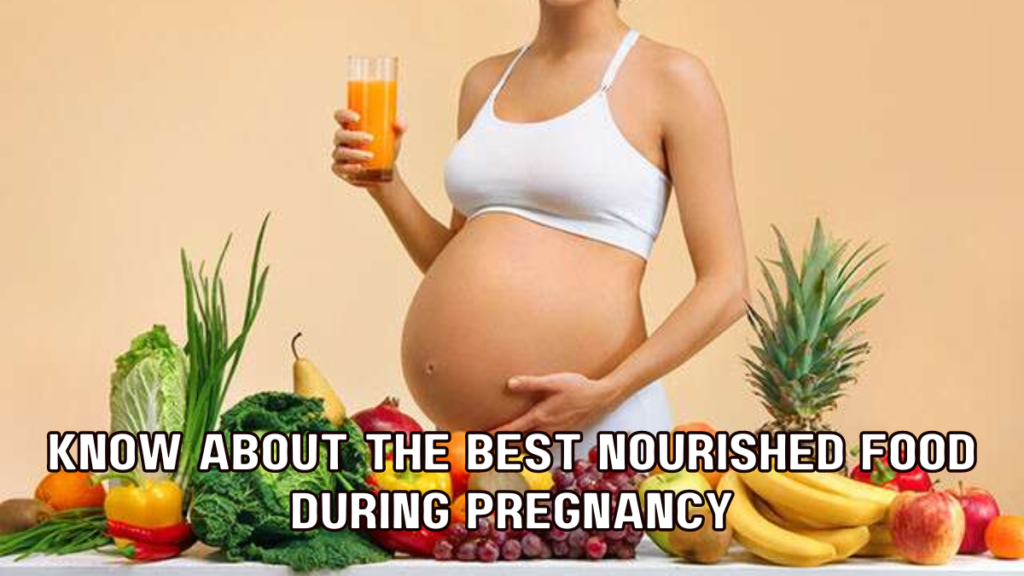Introduction:
Pregnancy is a beautiful journey filled with excitement, anticipation, and, of course, changes in your body’s needs. One of the most crucial aspects of this journey is nutrition. Providing your body with the right nutrients not only supports your health but also the growth and development of your baby. In this blog, we’ll explore the best nutrition foods during pregnancy to help you make informed choices and nourish yourself and your baby.
Leafy Greens:
Dark, leafy greens like spinach, kale, and Swiss chard are powerhouses of nutrients, including folate, iron, calcium, and fiber. Folate is particularly important during the early stages of pregnancy as it helps prevent neural tube defects in the baby.
Lean Proteins:
Protein is essential for the growth and development of your baby’s muscles, organs, and tissues. Opt for lean sources of protein such as poultry, fish, eggs, tofu, legumes, and nuts. These foods also provide other vital nutrients like iron, zinc, and omega-3 fatty acids.
Whole Grains:
Whole grains like oats, quinoa, brown rice, and whole wheat bread are rich in complex carbohydrates, fiber, and B vitamins. They provide sustained energy, aid in digestion, and help prevent constipation—a common discomfort during pregnancy.
Dairy Products:
Dairy products are excellent sources of calcium, which is essential for the development of your baby’s bones, teeth, and muscles. Opt for low-fat or fat-free options like milk, yogurt, and cheese to minimize saturated fat intake.
Fruits:
Colorful fruits are not only delicious but also packed with vitamins, minerals, antioxidants, and fiber. Berries, oranges, apples, bananas, and mangoes are great choices to satisfy your sweet cravings while providing essential nutrients for you and your baby’s health.
Healthy Fats:
Incorporate sources of healthy fats into your diet, such as avocados, nuts, seeds, and olive oil. These fats are crucial for the development of your baby’s brain and nervous system and help support your own health during pregnancy.
Legumes:
Legumes like lentils, beans, chickpeas, and peas are rich in protein, fiber, iron, folate, and other essential nutrients. They’re also budget-friendly and versatile, making them an excellent addition to soups, salads, and main dishes.
Seafood:
Fatty fish like salmon, mackerel, sardines, and trout are rich in omega-3 fatty acids, which are important for your baby’s brain and eye development. However, it’s essential to choose low-mercury options and limit consumption to 2-3 servings per week.
Water:
Staying hydrated is crucial during pregnancy to support the increased blood volume, amniotic fluid, and overall health. Aim to drink at least 8-10 glasses of water per day, and include hydrating foods like cucumbers, watermelon, and soups in your diet.
Supplements:
While a well-balanced diet should provide most of the nutrients you need during pregnancy, prenatal supplements can help fill any gaps. Consult with your healthcare provider to determine the appropriate supplements for you, including folic acid, iron, calcium, vitamin D, and omega-3 fatty acids.
Conclusion:
Your body is working hard to nurture and grow a new life during pregnancy, and providing it with the right nutrition is key to a healthy pregnancy and a healthy baby. By incorporating these nutrient-rich foods into your diet, you can support your own health and the optimal development of your baby. Remember to listen to your body, stay active, and seek guidance from your healthcare provider for personalized nutrition advice throughout your pregnancy journey.

